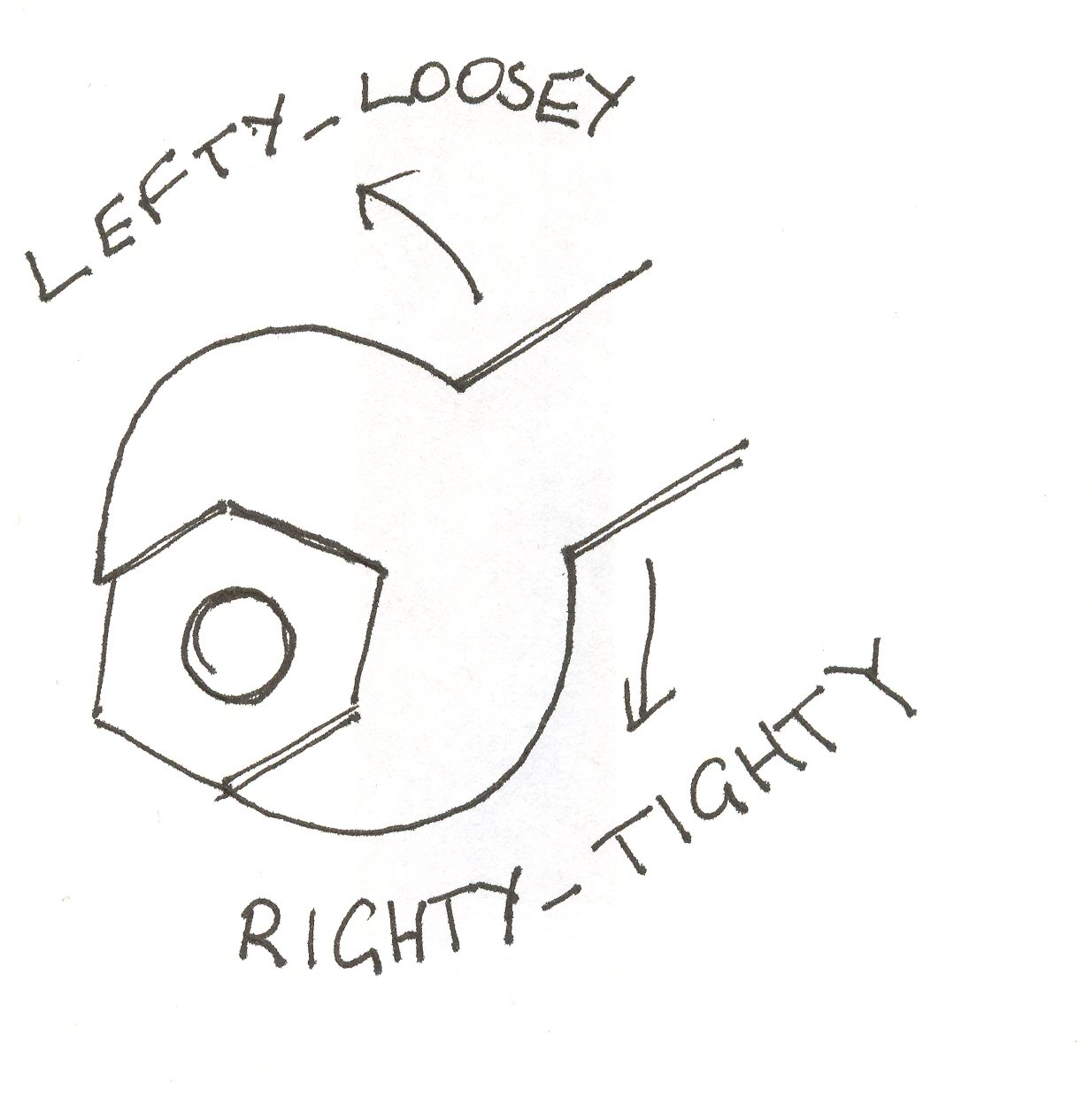this post was submitted on 13 Oct 2024
466 points (97.7% liked)
Asklemmy
44293 readers
1222 users here now
A loosely moderated place to ask open-ended questions
If your post meets the following criteria, it's welcome here!
- Open-ended question
- Not offensive: at this point, we do not have the bandwidth to moderate overtly political discussions. Assume best intent and be excellent to each other.
- Not regarding using or support for Lemmy: context, see the list of support communities and tools for finding communities below
- Not ad nauseam inducing: please make sure it is a question that would be new to most members
- An actual topic of discussion
Looking for support?
Looking for a community?
- Lemmyverse: community search
- sub.rehab: maps old subreddits to fediverse options, marks official as such
- !lemmy411@lemmy.ca: a community for finding communities
~Icon~ ~by~ ~@Double_A@discuss.tchncs.de~
founded 5 years ago
MODERATORS
you are viewing a single comment's thread
view the rest of the comments
view the rest of the comments

"Lefty Loosey righty tighty"
One arrow points up to the left, one points down to the left.
It's about direction of rotation, does the wrench turn left or turn right, there isn't the same notion of up and down / in and out because that portion happens when the bolt or nut turns. Also, anything rotation is moving the opposite direction on the other side of the rotation, so if you have to tighten a screw that turns towards you it's the opposite